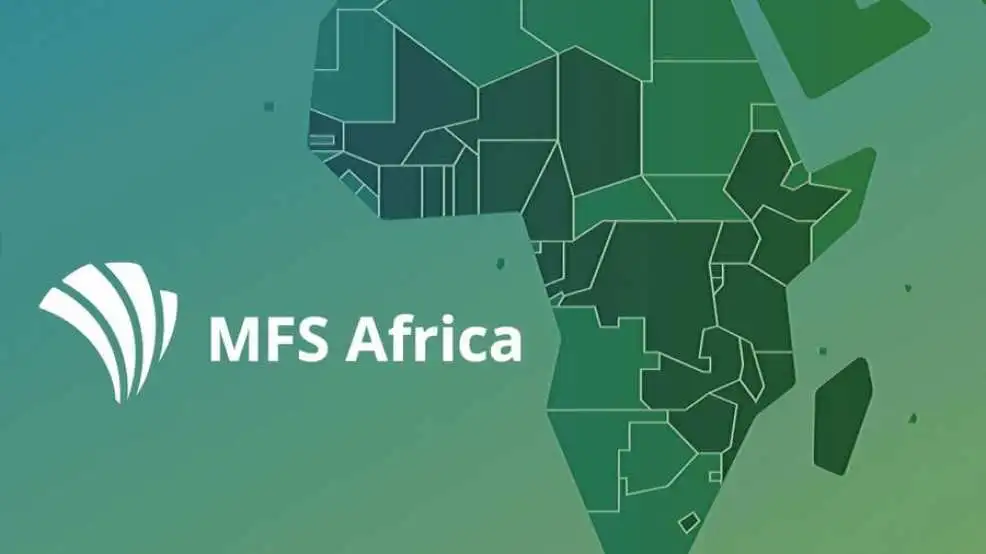MFS Africa announces expansion into Nigeria with agreement to acquire leading super-agent network Baxi

LAGOS, Nigeria 20 October 2021: MFS Africa, the largest pan-African digital payments hub, announced today that it had signed an agreement to acquire Baxi, one of Nigeria's leading super-agent networks. The deal, which is subject to approval from the Central Bank of Nigeria, will be the second highest fintech acquisition in Nigeria to date.
Nigeria is home to one of the most dynamic markets on the continent; it is Africa's largest economy and home to the largest number of SMEs. It is also the largest remittance market in Africa and home to one-third of intra-Africa remittance flows. MFS Africa's presence in Nigeria to date has been limited given the country's small number of mobile wallets. With the acquisition, MFS Africa will expand its pan-African network into Nigeria, connecting Nigerian businesses to the continent and the rest of the world.
"This deal is a pivotal step in our journey. By combining Baxi's network of SMEs operating as agents with our pan-African network, we aim to take Nigeria's SMEs to the rest of Africa and the world. Our expansion into Nigeria brings us one step closer in our mission of making borders matter less," said Dare Okoudjou, MFS Africa Founder and CEO.
Founded in 2014 by Degbola Abudu and Folu Majekodunmi, Baxi is one of Nigeria's largest independent SME-focused electronic payment networks. Baxi provides a cash-in/cash-out offering as well as value-added services — account opening, money transfer, bill payment and more — to the last mile. Through its network of more than 90,000 agents, Baxi has already processed over USD 1 Billion in transactions this year. Following the acquisition's close, MFS Africa will build Baxi into a key node on its digital payment network, allowing customers to make regional and global payments to and from Nigeria. MFS Africa will also expand Baxi's proposition for offline SMEs to select markets within MFS Africa's footprint of 320 million mobile wallets across more than 35 African countries.
Previous restrictions to mobile network operators' participation in mobile money services have restrained the sector's growth in Nigeria. To serve the more than 55% of Nigerian consumers currently excluded from formal financial services, Nigerian fintechs that have built strong agent networks are the crucial interface to reach Nigeria's ~31m financially underserved and ~67m financially unserved populations. Supporting and nurturing SMEs is crucial to Nigeria's economy, as they contribute 50% of Gross Domestic Product and provide 76% of jobs[i].. With its presence in 36 Nigerian states, Baxi fills a critical gap by providing unbanked Nigerians and informal SMEs access to financial services.
The focus areas of both companies are complementary. Baxi simplifies and integrates online and offline payments for SMEs and merchants in Nigeria through its omni-channel distribution network. MFS Africa simplifies cross-border payments, integrating payments via one hub.
"We're thrilled to partner with the MFS Africa team to expand our service offering for individuals and SMEs. We believe that we've barely scratched the market's potential. Only 3% of Nigerian SMEs have access to credit products. By teaming up with MFS Africa, and with the strong support of our local commercial banking partners, we can offer more value-added products and services, such as cross-border payments, to support Nigerian SMEs in their growth," said Degbola Abudu, Baxi CEO.
Following the acquisition of Beyonic in 2020, MFS Africa continues to accelerate and lift its growth with strategic investment and acquisition, which are supported by its shareholders. LUN Partners and FT Partners served as financial and strategic advisors to MFS Africa in this transaction. PWC Nigeria and Nihilent advised MFS Africa on Commercial, Product and Technological due diligence. Da Hui and TNP were legal advisors to MFS Africa. Baxi was advised by financial advisor Verdant Capital and DAI Magister. Their legal counsels were Udo Udoma & Bello-Osagie (UUBO) in Nigeria and Akin Gump Strauss Hauer & Feld LLP in London.

